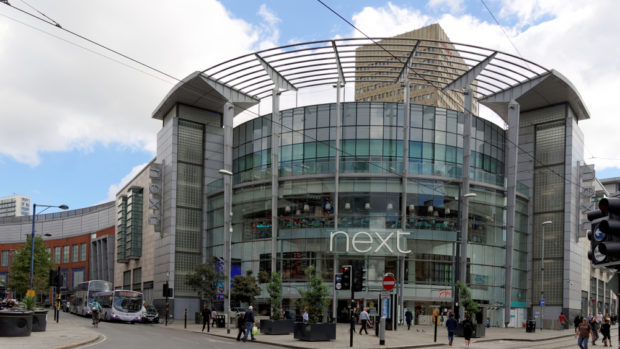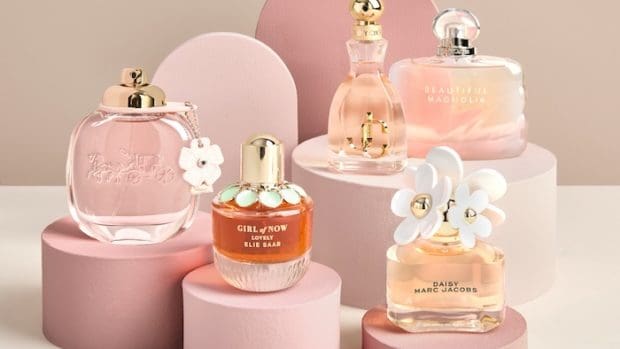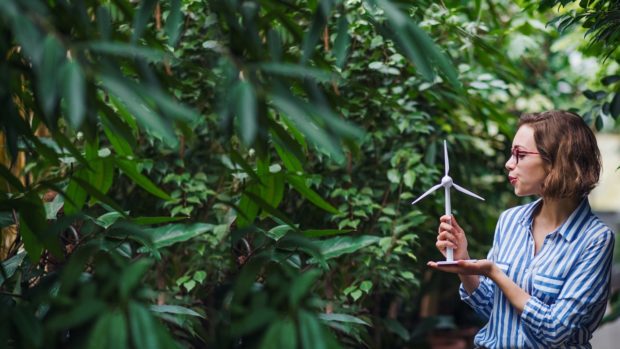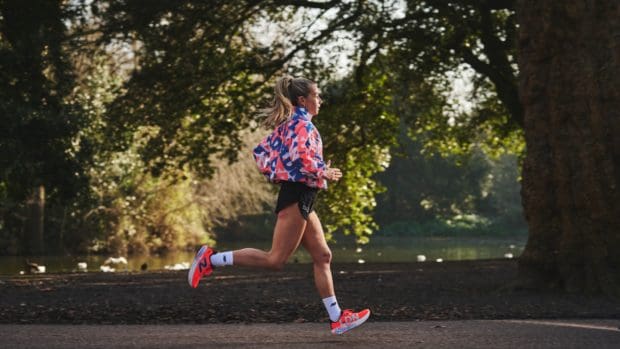Public opinion research sponsored by Oceana, the world’s largest international ocean conservation organisation, shows Amazon customers are buying more online due to the COVID-19 global pandemic, are overwhelmingly concerned about plastic pollution and its impact on the oceans, and want major online retailers including Amazon to give them plastic-free packaging choices. UK customers are by far the most in favour of a plastic-free checkout option (81 per cent), with half of them willing to shop elsewhere to be given a plastic-free option (52 per cent). In response to these findings and the growing ocean plastic pollution crisis, Oceana in the UK, the U.S. and Canada announced today it is launching a campaign calling on Amazon to offer its customers plastic-free packaging choices.
“Jeff Bezos and Amazon say they are ‘obsessed’ with meeting the needs of their customers. It’s clear from the results of our survey that what Amazon customers want is for the company to do the right thing and offer plastic-free options at checkout,” said Matt Littlejohn, SVP, Oceana adding that, “British consumers want to end the plastic disaster and Amazon can make a difference for its customers and the oceans by doing this: this is a company that, according to recent news reports, shipped approximately seven billion packages in 2019, many of those packed with plastic.”
“This is a company led by a CEO Jeff Bezos who is investing in space exploration and that is testing using drones to deliver stuff to our houses,” he added. “They surely have the ability to figure out how to offer plastic-free alternatives.”
Amazon’s packaging and materials lab have created lightweight plastic-free packaging, including a new mailer that the company reports has been used 100 million times. The company is known for its innovation in logistics and delivery technology and has made commitments to protect the environment, including a pledge to be zero carbon by 2040. Further, Amazon recently announced it eliminated non-recyclable plastic in packaging across its fulfilment centres in India.
“Amazon has the technical ability, with its fulfilment centres, to offer plastic-free alternatives to its customers, reduce plastic and help protect the oceans and environment,” noted former Amazon executive and consultant Rachel Johnson Greer. “It is really a question of will.”
YouGov polled a representative sample of 2,202 adults in the UK on behalf of Oceana and found that for the Amazon UK customers surveyed:
- 94 per cent were concerned or very concerned about plastic pollution and its impact on the oceans and the environment;
- 89 per cent said they either strongly or somewhat agreed with the statement, “I would use a plastic-free choice/alternative packaging if offered;”
- 52 per cent said they would be willing to part ways to shop at online retailers offering plastic free packaging;
- 61 per cent strongly and/or somewhat agreed with the statement, “the coronavirus (COVID-19) outbreak has forced me to shop online more than I did before the virus;” and
- 56 per cent strongly and/or somewhat agreed with the statement, “I’m bothered by all the extra plastic packing I am now receiving due to increased online shopping because of the coronavirus (COVID-19) outbreak.”
The concern and support were even higher among those who report being Amazon UK Prime members with 95 per cent of this group expressing concern about plastic pollution and 89 per cent agreeing that they would use a plastic-free choice/alternative packaging if offered. Oceana also sponsored surveys of consumers in the United States (with YouGov) and in Canada (with Abacus Data) that showed similar concern about plastic pollution and support for plastic-free choices.
Oceana is calling on online shoppers and ocean activists to ask Amazon for plastic-free options at checkout by adding their names to Change.org/PlasticFreeChoice, a petition created by Oceana supporter Nicole Delma. Nearly 500,000 people have already added their names to the petition. “The survey echoes what I’ve heard from so many other Amazon customers who have signed the petition,” said Ms. Delma. “People want to be able to buy from Amazon and avoid plastic. It makes them feel terrible when that package they’ve been anxiously waiting for arrives stuffed with plastic.”
In 2019, according to news accounts, Amazon shipped approximately 7 billion packages worldwide– which would be equivalent to nearly one package for every person living on earth. These packages are often packaged with plastic, which can end up in the oceans and devastate marine life. “Plastic is a major source of pollution for the world’s oceans, with 17.6 billion pounds entering the sea every year – the equivalent of a garbage truck worth dumped into the ocean every minute. Recent studies found that 90 per cent of all seabird species and 100 per cent of all sea turtles investigated have ingested plastic. Only 9 per cent of all plastic ever produced has been recycled,” added Littlejohn.








Share